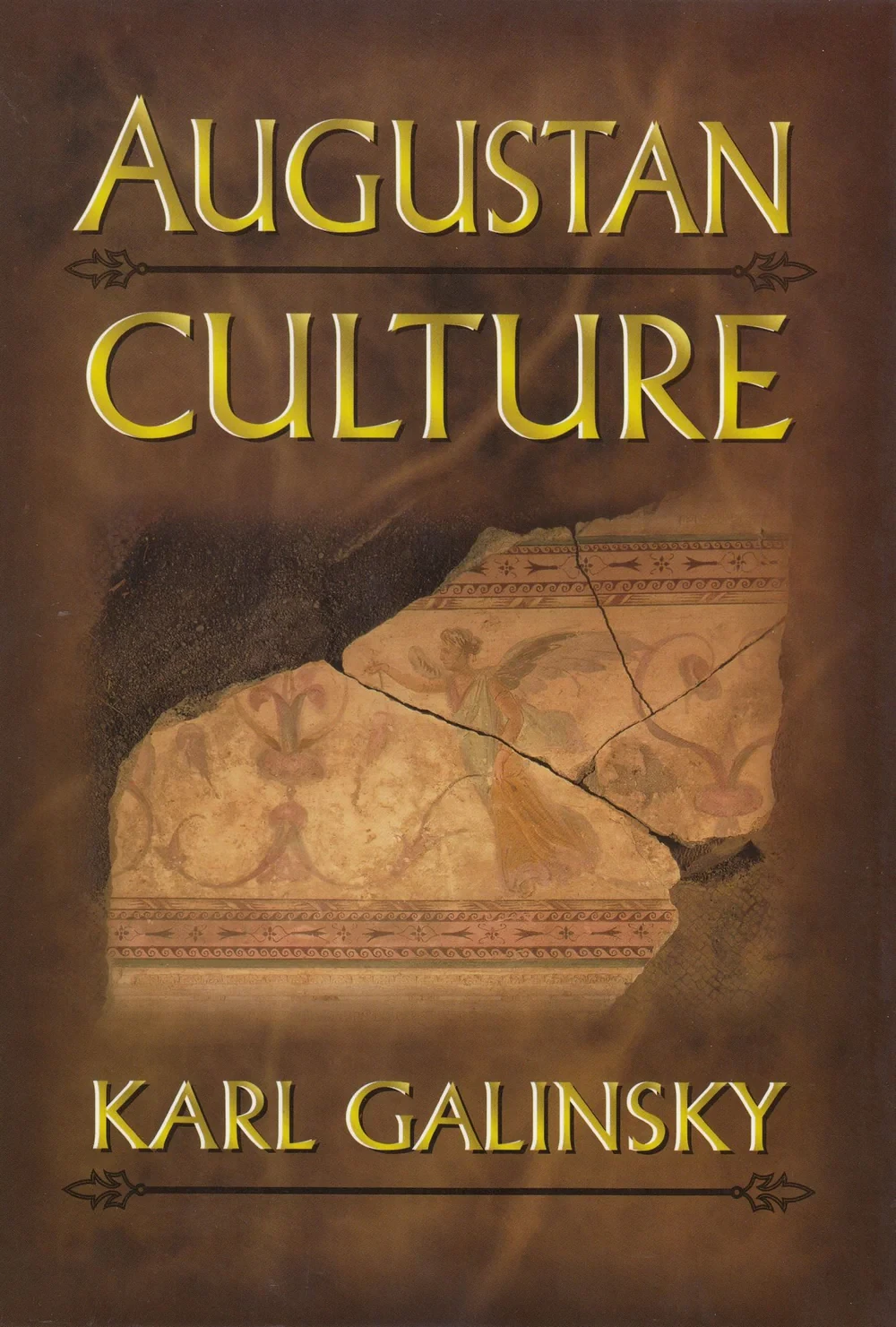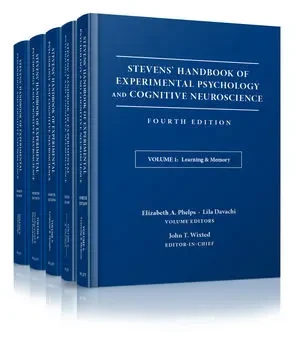
Augustan Culture
Smartfox Books Code: PR8954
"Augustan Culture" offers an in-depth exploration of the cultural, artistic, and political landscape of Rome during the reign of Augustus, the first Roman emperor. This book examines how Augustus, through a combination of political reforms, propaganda, and patronage of the arts, established a cultural revival that became the foundation of Roman identity for centuries.
The Augustan Age is celebrated for its remarkable achievements in literature, art, architecture, and governance. "Augustan Culture" delves into these accomplishments, discussing key figures such as Virgil, Horace, and Ovid, whose works were profoundly influenced by the Augustan ideals. The book also explores the architectural innovations of the period, including the construction of monumental buildings that symbolized the power and glory of Rome.
Through a careful analysis of literary texts, historical records, and archaeological findings, "Augustan Culture" provides readers with a comprehensive understanding of how Augustus used culture as a tool to unify the Roman Empire and secure his legacy. This book is essential for students, historians, and anyone interested in the history of Rome and the enduring impact of the Augustan Age.
Key Features:
-
Comprehensive Cultural Analysis: The book provides a detailed exploration of the cultural developments during the Augustan
Age, including literature, art, architecture, and social reforms.
-
Influence of Augustus: Discover how Augustus shaped Roman culture and society through his political and cultural
initiatives, including his use of propaganda and patronage.
-
Literary Achievements: The book covers the works of key Augustan poets and writers, such as Virgil, Horace, and Ovid,
discussing how their works reflect the ideals and values of the period.
-
Art and Architecture: Explore the architectural and artistic innovations of the Augustan Age, including the construction of
monuments like the Ara Pacis and the Forum of Augustus.
-
Political Reforms: Learn about Augustus's political reforms and how they contributed to the stability and prosperity of
Rome, laying the groundwork for the Roman Empire's future success.
-
Augustan Propaganda: The book examines how Augustus used art, literature, and architecture as tools of propaganda to
promote his rule and ideals.
-
Historical Context: "Augustan Culture" places the cultural achievements of the period within the broader context of Roman
history, providing insights into the social, political, and economic factors that shaped the era.
-
For Students and Scholars: Ideal for students of Roman history, classical studies, and art history, this book offers a
comprehensive resource for understanding the cultural legacy of Augustus.
-
Richly Illustrated: The book includes images of key artworks, monuments, and archaeological sites, helping readers
visualize the cultural achievements of the Augustan Age.
-
Impact on Western Culture: Learn how the cultural developments of the Augustan Age influenced Western civilization, from
the Renaissance to modern times.
Immerse yourself in the cultural and artistic achievements of the Augustan Age with "Augustan Culture." This comprehensive study provides a deep understanding of how Augustus transformed Roman society, leaving a legacy that continues to influence Western culture today. Whether you are a student, historian, or simply fascinated by Roman history, this book offers invaluable insights into one of the most significant periods of the ancient world.
Description:Grand political accomplishment and artistic productivity were the hallmarks of Augustus Caesar's reign (31 B.C. to A.D. 14), which has served as a powerful model of achievement for societies throughout Western history. Although much research has been done on individual facets of Augustan culture, Karl Galinsky's book presents a unified overview, one that brings together political and social history, art, literature, architecture, and religion. Weaving analysis and narrative throughout an illustrated text, Galinsky provides an account of the major ideas of the age, and offers an interpretation of the creative tensions and contradictions that made for its vitality and influence. Galinsky draws on source material ranging from coins and inscriptions to the major works of poetry and art, and challenges the schematic concepts and dichotomies that have commonly been applied to Augustan culture. He demonstrates that this culture was neither monolithic nor the mere result of one man's will. Instead it was a nuanced process of evolution and experimentation.
The product may be provided by a different brand of comparable quality.
The actual product may vary slightly from the image shown.
Shop amazing plants at The Node – a top destination for plant lovers

















.jpg)
















































ulva-Logo.jpg)
